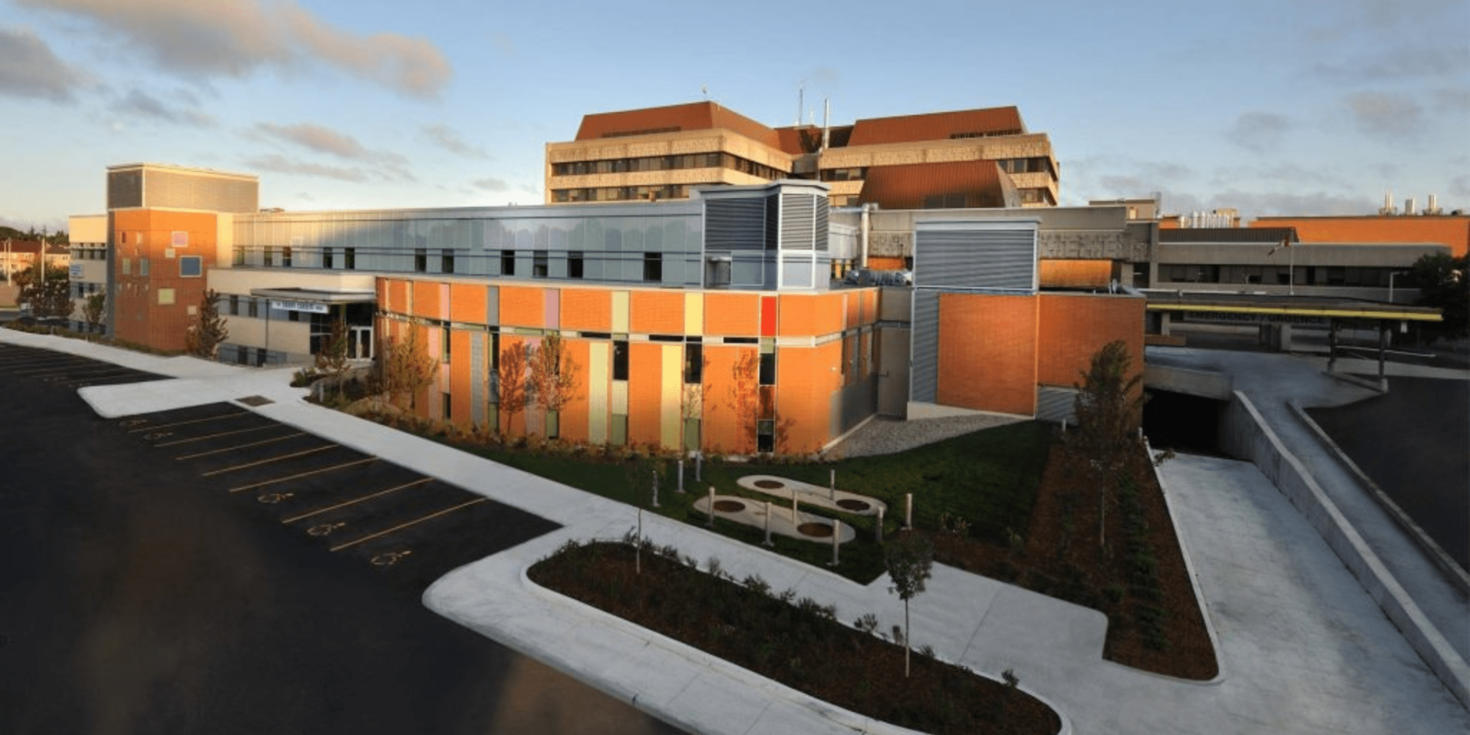Candidates may be eligible for either the five-year or the three-year training program, both fully accredited by the Royal College of Physicians and Surgeons of Canada.
Entry into the five-year Pediatric Neurology Residency Program occurs directly after the completion of medical school training. Residents spend the first 12 months in general pediatric training as well as completing six months in adult neurology training. The remaining time is spent in pediatric neurology training and related fields.
The Pediatric Neurology Residency and Fellowship program provides an excellent and well-balanced training for individuals interested in working as a consultant pediatric neurologist based at an academic, university-affiliated pediatric hospital or as an independent community practice. Graduates from our program are working in each setting. Many graduates have also gone on to complete further subspecialty training in Canada and the U.S. in such areas as epilepsy/EEG, stroke and EMG/neuromuscular.
Residents and fellows are encouraged to become resident members of several pediatric neurology-specific professional organizations including:
- Canadian Association of Child Neurologists (CACN)
- Child Neurology Society (CNS)
- American Academic of Neurology (AAN)
Residents and fellows are provided with financial support to attend national and international conferences each year.
